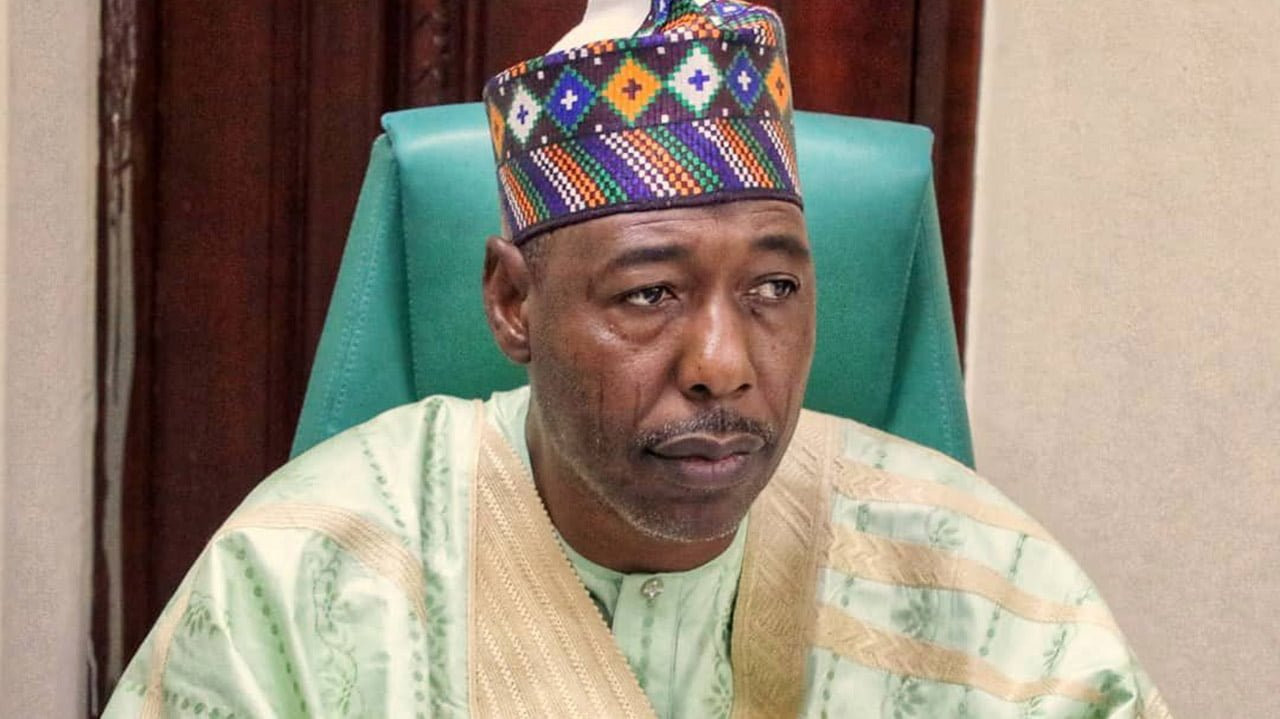Nigerian military says a total of 6,886 terrorists and other criminal elements were neutralized this year (2023) in the ongoing fight against insurgency.
The insurgency that started in 2009 in Borno State by Boko Haram had defiled solution and spread to North East, North West and North Central Zones of the country with the aid of Islamic State West African Province (ISWAP) fighters who infiltrated the country in alliance with Boko Haram.
Besides those that were neutralised, troops arrested 6,970 suspected terrorists, rescued 4,488 kidnapped hostages as well as recovered 3,320 assorted weapons and 39,075 assorted ammunition, Major General Edward Buba the Director, Defence Media Operations, said on Friday at a press briefing.
Additionally, troops recovered 100,316,600 litres of crude oil, 60,339,426 litres of AGO, 3,465,450 litres of DPK and 3,544,990 litres of PMS during the year from the South South Zone of the country where fights against crude oil thefts and economic sabotage have been fierce.
Major General Buba said that the major security threats within the year 2023 were terrorism, armed banditry, kidnapping, oil theft, secessionist agitations and farmers-herders clashes. The threat dynamics were however defined along geo-political zones with some permeating across the regional lines.
The predominant threat in the North Central (NC) and North West (NW) regions is armed banditry/terrorism while the Boko Haram Terrorists/Islamic State West African Province lingering insurgency remained the main threat in the North East (NE) region. The major threat in the South-East (SE) and South-West (SW) was the secessionist agitations of the proscribed Indigenous People of Biafra (IPOB) and the Yoruba Nation respectively.
The South-South (SS) region continued to experience oil theft, cultism and youth restiveness. However, acts of criminalities such as kidnapping, armed robbery, communal clashes and cattle rustling were common across the 6 geopolitical zones.
” It is pertinent to point out that most security threats in the country were fueled by the proliferation of small arms exacerbated by the influx of illegal arms and ammunition through our porous borders and the preponderance of local arms fabrication factories in the country. Thus, the armed forces kinetic and non-kinetic efforts were geared towards tackling these threats in all the geo-political zones,” he said.
Major General Buba said the security situation in Year 2023 has remained fluid, complex and dynamic with the threat morphing in form and scale. This unpredictable nature of the threat and the attendant demands for stability have continued to pose significant challenges for security forces. Consequently, various forces have continued to evolve Tactics, Techniques and Procedures (TTP) to professionally respond to these threats.
He said the armed forces has been developing the desired enablers to overcome the country’s numerous threats.
Notably, the application of kinetic and non-kinetic efforts in collaboration with other Services and security agencies has continued to shape the operating environment, in which we are in a dominant position.
Attention was given to providing relevant resources to enhance troops’ capacity to defeat the threats ,he stated, adding that the cumulative outcome of these efforts is reflected in increased stability achieved across the various theatres of operations. Troops are in a dominant position and are winning the war.
General Buba assured that the incident of December 24, 2023 in Bokkos and Barkin Ladi of Plateau State where terrorists razed several villages and killed over 190 citizens without response from the military due to bad terrain would not repeat itself.











